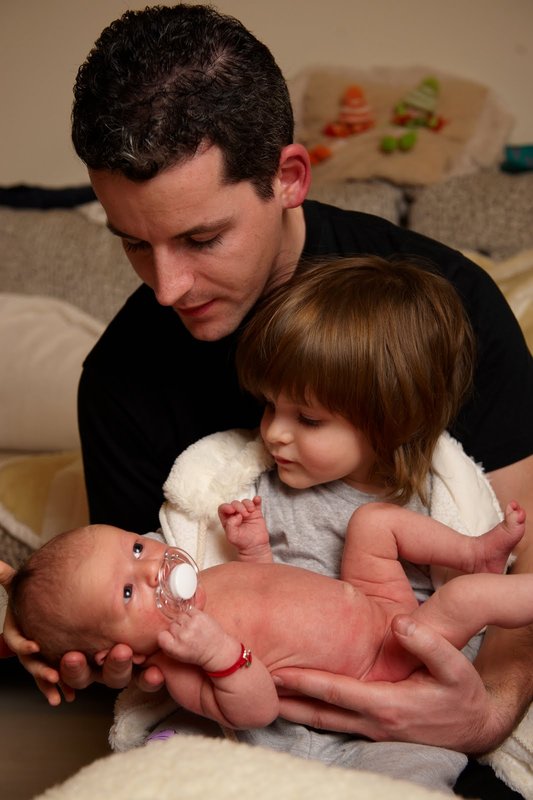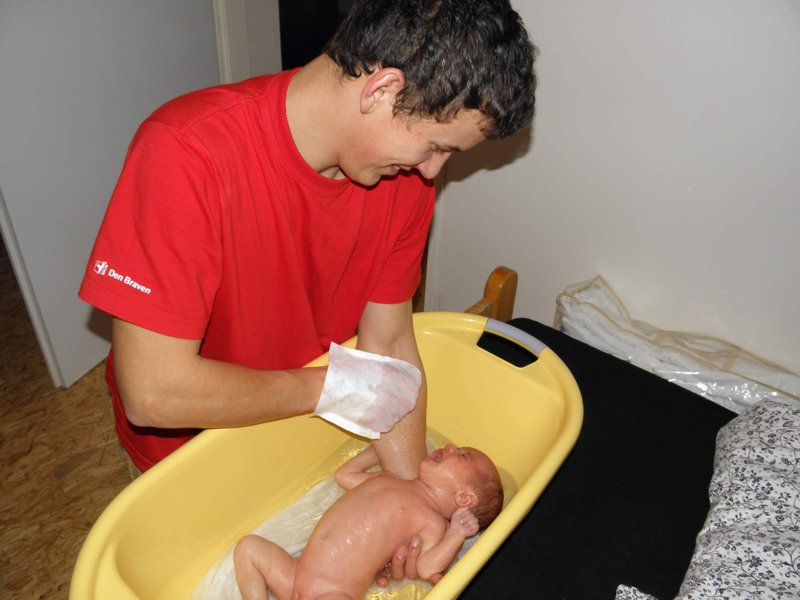After reaching certain milestones to the healthcare team’s satisfaction, it is time for the preterm baby to head home with mum and dad. When that day arrives, it can bring with it mixed emotions for parents. On the one hand, mum and dad are overcome with joy that their precious baby is ready to come home. On the other hand is the fear and worry that comes with caring for a preterm baby. Know this: caring for your baby at home could end up being one of the most rewarding things you ever do as a parent.

It is understandable that parents would be fearful of providing appropriate care to a premature child. This is one of the reasons hospital staff invest so much time and energy preparing parents for baby’s homecoming. The thing to remember is that the hospital would not clear a preterm baby to go home if the healthcare team was not confident in the abilities of the child’s parents. The very fact that a preterm baby is being released is a vote of confidence from the healthcare team.
A baby born prematurely is one born at any point prior to the 37th week. That means everything from overall health to early development relies heavily on just when a baby is born. Those born closer to week 37 tends to have fewer issues than those born near the other end of the scale, at 23 weeks. Parents should remember that their baby is a unique individual with his or her unique needs and personality.
Other things to remember include:
Most preterm babies do just fine from the first day they arrive home. But remember that children with serious medical conditions may have to return to the hospital in the event of complications. Parents should be prepared for that possibility if doctors express concern over any medical issues.
The day-to-day care of a preterm baby is very similar to caring for a full term baby but modified to accommodate lower birth weight, slower development, and so on. Below we have put together information on some of the routine, day-to-day tasks of caring for your baby at home. This should give you a good start should you find yourself in the position of caring for a preterm child.
The fact that a preterm baby is discharged from the hospital demonstrates that he or she is capable of maintaining a healthy temperature without the need for incubation. At home, parents can facilitate this by knowing how to properly dress and insulate baby. The first thing is to think layers.
Dressing a baby in layers makes it possible to maintain an appropriate temperature by adding and removing as necessary. For example, start with a vest and sleep suit as primary clothing options. Then add blankets, mitts, and a hat as necessary.
Also, be aware that preterm babies tend to get cold more quickly due to their lower birth weight. So be sure to move quickly when bathing so as not to expose your child to an unnecessary drop in temperature.
Newborns do not typically sleep for long hours because they have to be fed and changed. With premature babies, things are exacerbated. Why? Because their lower birth weight demands that they eat more frequently. Parents should be prepared to not get much sleep themselves in the first few months of having baby at home.
In the meantime, parents can begin developing good sleep habits by providing a quiet and comfortable environment for sleep and establishing a schedule as early as possible. Also, preterm babies are at higher risk of cot death. Parents can reduce that risk by lying baby on his/her back, using lightweight blankets, always having the child sleep alone in his/her own cot or crib, and not allowing baby to sleep in direct sunlight or near a heater or radiator.

How soon parents begin bathing a preterm baby depends a lot on overall health and the condition of baby’s skin. The child’s doctor will advise when it is okay to start bathing. When that time comes, it’s best to start with plain water and no added soaps. If baby’s skin is dry or sensitive, parents should consult a doctor or other professional before using commercial moisturisers.
After the bath, baby should be snuggled dry as quickly as possible so as to avoid a temperature drop. It’s helpful to conduct a bath in a warm room and have a towel and new clothes at hand so the baby can be redressed quickly.
Caring for a preterm baby at home is as rewarding as it is challenging. There’s nothing quite like taking care of that precious little life parents have been entrusted with. If you are the parents of a preterm baby, you have a big job ahead of you. But you can do it.